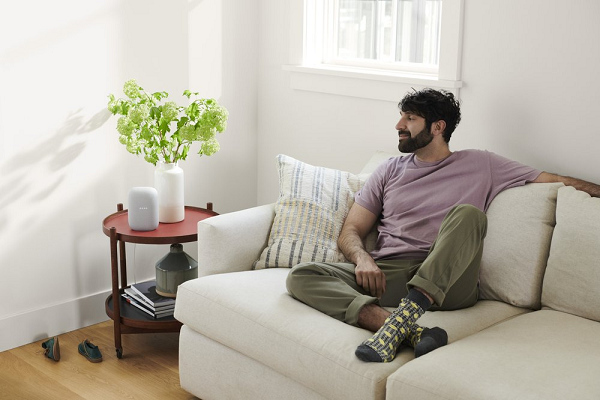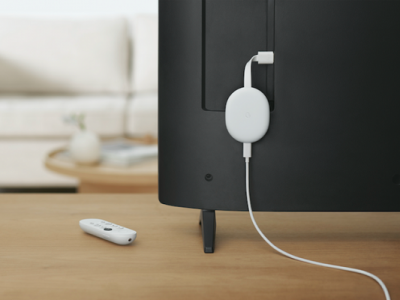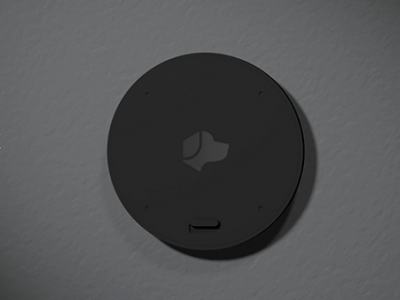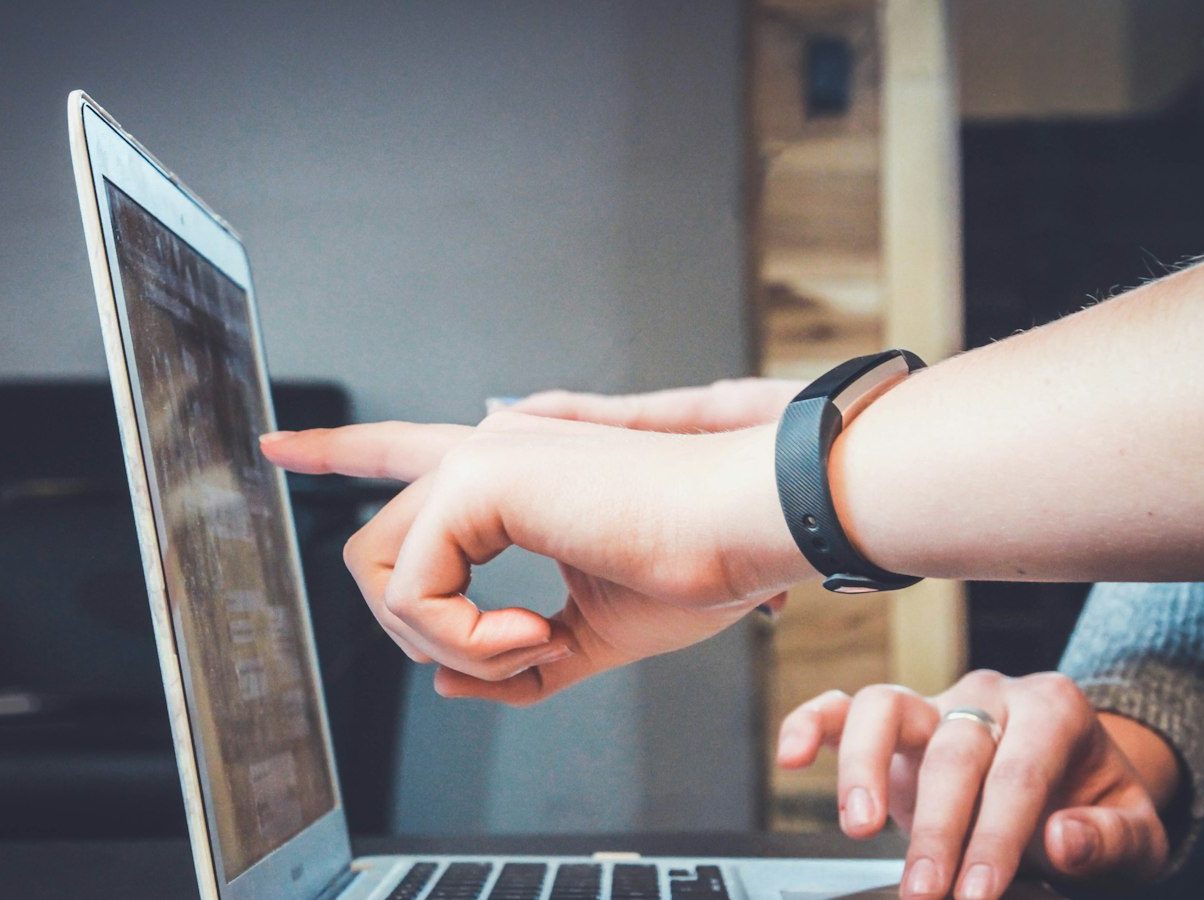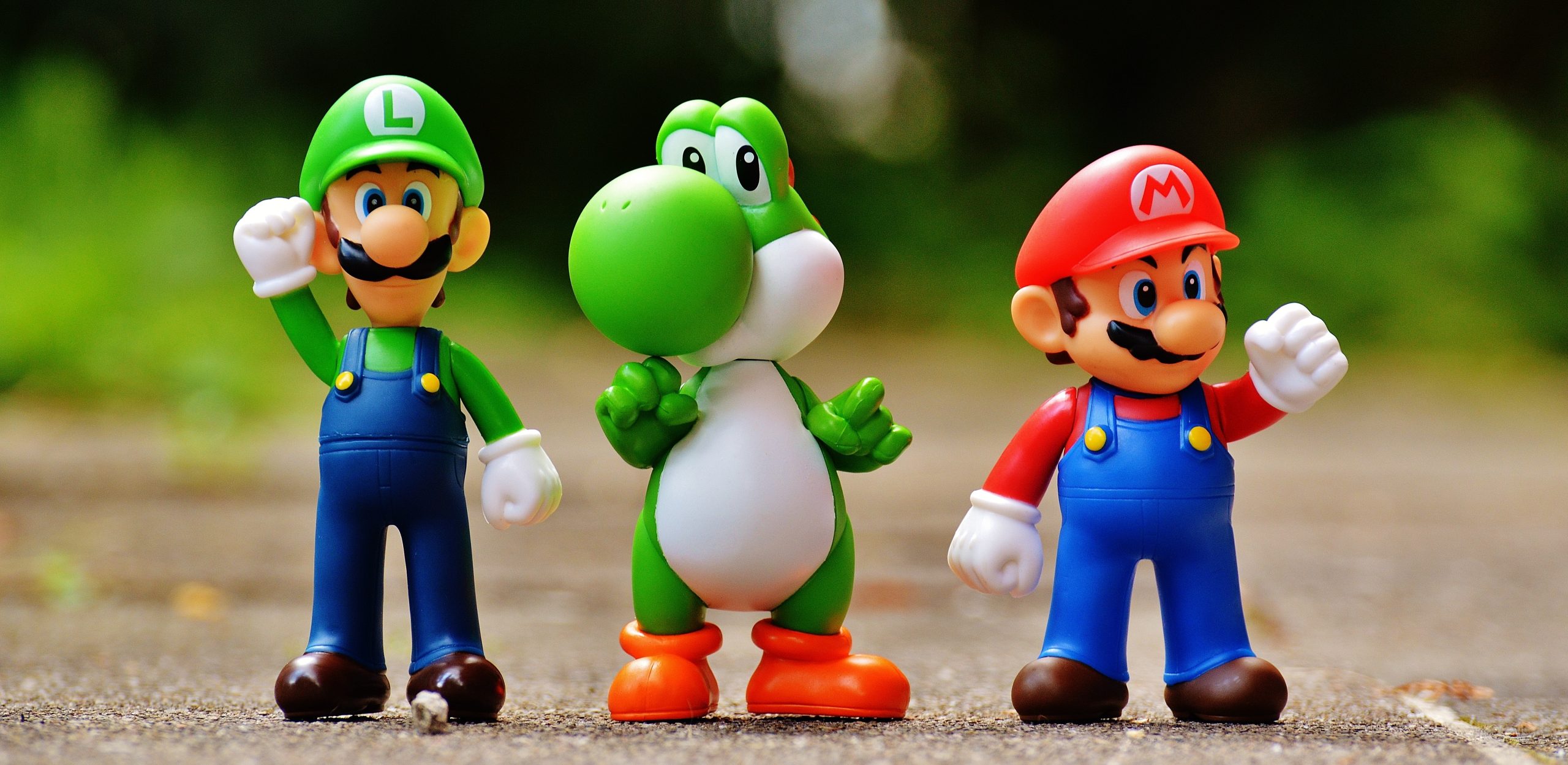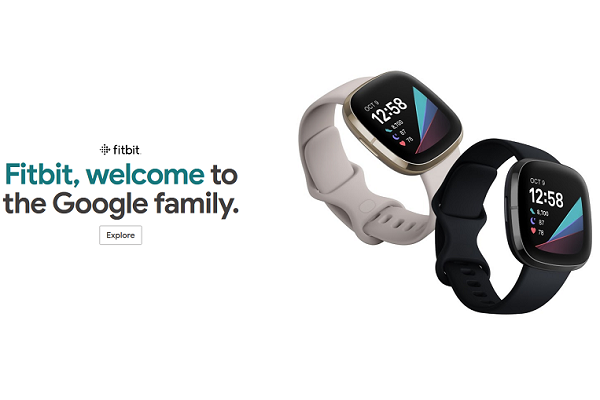

Google declared the 14-month journey to complete buying Fitbit for $1.2 billion reaches an end this week after assuaging the nation's governments all over the world that the deal didn't threaten competition or strangle future innovation. Regulators for Australia and also the U.S. appear to disagree, however, and their investigations aren’t over quite yet.
Fitting In
Fitbit has slowly been making its devices more Google-friendly because the acquisition was initially unveiled in November of 2023. The shift culminated in adding Google Assistant to two Fitbit smartwatch models, although without removing Amazon Alexa being an option. The brand new smartwatches will also be Fitbit’s first to include speakers to make the voice assistants audible. Google continues to be prepping for the deal’s completion too, judging from the growing health tools built-into Google products as well as an entire Wellness section added to Google Assistant.
“This is just the beginning because becoming part of the Google family means we can do much more to inspire and keep you motivated on your way to better health. We’ll be able to innovate faster, provide more choices, and make even better products to aid your wellbeing and wellness needs,” Fitbit co-founder James Park wrote in a letter to users. “With use of Google's incredible resources, knowledge and global platform, the options are really limitless.”
“Technology can alter the way people manage their health and wellness, and that’s especially important nowadays,” Google senior v . p . of devices and services Rick Osterloh explained inside a blog post. “We'll cooperate to produce new devices and services which help you enhance your knowledge, success, health insurance and happiness.”
Left from the official announcements was any mention of the Google Fit app, home of Google’s exercise software, or Wear OS, theoretically still Google’s operating-system for wearables. Each had their moment under the sun as important elements of Google’s device strategy, however seem relegated towards the past in support of Fitbit.
Investigating Continues
The acquisition’s actual completion became questionable following the U.S. and Australia hastened to refute Google and Fitbit.
The acquisition drew immediate investigation from government agencies when it was announced. How much industry manage it will give Google and just how the tech giant would protect the privacy of Fitbit’s many millions of clients were the main thing on every organization’s study of the offer. The ecu Commission ended up approving the acquisition in December, albeit with caveats about keeping Fitbit user data separate and not usable for advertising. On the competition side, any third-party use of Fitbit APIs can’t be shut down and Google can’t privilege Fitbit over other apps within the Android-powered wearables space. Google seemed happy enough to agree.
“This deal happens to be about devices, not data, and we've been clear since the beginning that we'll protect Fitbit users' privacy,” Osterloh wrote. “We worked with global regulators on an approach which safeguards consumers’ privacy expectations, together with a number of binding commitments that confirm Fitbit users' overall health data won’t be used for Google ads which data will be separated from other Google ads data.”
The Australian Competition and Consumer Commission questioned the privacy issues a few weeks ago and said their investigation won’t end until March 25. Technically, Bing is permitted to finish the offer, however it turns the review into an enforcement investigation, with potentially higher penalties. Eyebrows were raised through the news in the U.S. Department of Justice as well. The Antitrust Division of the DOJ has stated it hasn’t officially finished its investigation, either, and it’s likely to keep going it doesn't matter what The search engines do. Google obviously has a different opinion of where things stand. Now the company just has to hope it hasn’t lowered its likelihood of approval.



